Scars of History
Flashpoint
Dust swirls over the plain where horses tear the ground with their hooves, and the sun burns skin like a molten blade. 334 BC. Alexander leads the Macedonian army through Pamphylia — a land of ports, intrigue, and betrayal. He slices through it like a surgeon, opening the veins of the Persian Empire.
Why should we care? Because this isn’t just war — it’s the moment time broke, and its shards still cut us, whispering: greatness is born in blood, and ruins are all that remain.
Chronicle of Collapse
Pamphylia, a narrow strip between the Taurus Mountains and the Mediterranean Sea, was a juicy morsel for empires. In 334 BC, Alexander the Great, fresh from crushing the Persians at the Granicus, marched south to wrench control of the coastline from Darius III. His targets: the Pamphylian ports — Side, Aspendos, Perge. Without them, the Persian fleet was just a herd of wooden coffins bobbing on the waves.
Perge surrendered first, in the autumn of 334. The city, whose temples of Artemis breathed myths of the Trojan War, opened its gates without a fight. Alexander, master of persuasion, promised freedom from Persian chains. The citizens believed him — or simply didn’t want to die. He left a garrison, took their grain, and moved on, like a virus consuming the cells of an empire.
Aspendos proved tougher. A rich city on the Eurymedon River, it initially agreed to pay tribute — 50 silver talents and horses for the Macedonian cavalry. But once Alexander left, the people rebelled and barricaded themselves on the acropolis. A mistake. Alexander returned. His siege machines buzzed like a swarm of iron wasps. Aspendos fell, paying double — 100 talents and hostages. The Macedonian did not forgive betrayal.
Side, a port city with a Greek soul, surrendered without a fight. Its residents, trading with Egypt and Phoenicia, saw in Alexander not just a conqueror, but a chance for a new era. The port became a base for the Macedonian fleet, cutting the Persians off from the sea.
Sillyon, perched on an unassailable plateau, was a tough nut. Alexander, seeing the steep cliffs and Persian mercenaries on the walls, chose not to waste time. He left the city neutral — a splinter to be removed later. By winter of 334, Pamphylia was his — not entirely, but enough to march toward Cilicia and Tarsus. And from there, to the fateful Battle of Issus.
Everything went according to Alexander’s plan. Or did it? Pamphylians, surrendering, lost the freedom he had promised. Their cities became pawns in a game where the prize was not just power, but eternity.
Ruins of Decisions
Pamphylia didn’t burn in flames. Its temples, ports, and aqueducts endured. Perge blossomed as a center of Hellenistic culture — its theater and colonnades still whisper of those days. Aspendos preserved its theater, where the echoes of Macedonian boots mingle with Roman actors’ voices. Side became a beacon of Hellenism, its port humming under new flags. Even Sillyon, spared the siege, absorbed the Greek spirit Alexander carried like a plague.
Politically, Pamphylia became part of the Macedonian machine. Garrisons, tribute, loyalty — all fed Alexander’s campaign against Persia. But after his death in 323 BC, the region was torn apart by the Diadochi — his successors, fighting over scraps of the empire like dogs over a bone. Pamphylia passed to the Ptolemies, then to the Seleucids, until Rome swallowed it in the 2nd century BC.
Culturally, the region transformed. Greek language, art, and philosophy seeped into Pamphylia like water into sand. Temples of Artemis fused with the cult of Zeus, and local gods gained Greek names. But under this gilding remained scars: cities that betrayed the Persians lost themselves, becoming part of someone else’s dream.
Shadows at the Edge of Reason
Alexander — hero or butcher? He walked like a god but left graves, not temples, in his wake. Pamphylia fell not because it was weak, but because time chose him. History is not a chain of victories but a spiral where every hero repeats the mistakes of the past. Alexander sliced through empires like a surgeon, but he stitched wounds poorly. His Pamphylia is a mirror — we see ourselves in it: craving greatness, doomed to oblivion.
We build rockets to reach the stars, yet still trample the dust of ancient ruins. Irony? Or fate?
Alexander’s fault was his blindness. He saw eternity, but not people. The Pamphylians who surrendered their cities wanted to live, not become part of a myth. Their choice is ours: submit or burn. History doesn’t teach — it strikes. And every blow is a reminder: we’re still here, on the roadside of time, searching for meaning in fragments.
How Did We Get Here?
Pamphylia lives. Go to Antalya. Perge is 17 km from the city — its ruins are open to tourists. Colonnades, a theater, the temple of Artemis — still breathing the air Alexander once walked through. Aspendos, 47 km away, boasts one of the world’s best-preserved theaters, still hosting festivals. Side is a resort with ancient walls, where the sea laps at the remnants of the port that once surrendered its ships to Alexander.
Sillyon is harder — its ruins lie on a hill 34 km from Antalya, difficult to reach, but the view from the plateau is worth the effort.
Rent a car, hire a guide, wear good shoes. Walk the stones. Touch the columns. Listen to the wind. Time isn’t dead here — it’s just hiding.
In the Antalya Museum, artifacts wait: coins, statues, sarcophagi. They are silent, but if you listen closely, you might hear them scream.
Echo in the Void
Standing in Perge, I feel time tighten. Alexander passed here — his shadow still hovers over the stone. I see him — young, furious, with eyes that want to devour the world. But I also see the people of Aspendos, whose homes became bargaining chips in his game.
History isn’t a story — it’s a wound. It aches when I walk these stones, knowing it will all happen again.
We build cities, empires, rockets — but in the end, only ruins and questions remain. Alexander conquered Pamphylia.
But who conquers time? No one.
And that echo in the stone — it’s the void, and it never stops speaking.
#VoiceOfRuins, #ScarsOfHistory, #AlexanderTheGreat, #Macedonian, #Pamphylia, #Perge, #Aspendos, #Side, #Sillyon, #Hellenism, #Conquest, #Empire, #Ruins, #History








Our Telegram-channel: Voice Of Ruins https://t.me/Voice_Of_Ruins
Instagram: Voice Of Ruins https://www.instagram.com/voiceofruins/
Our group on Facebook: Voice Of Ruins https://www.facebook.com/share/g/16aitn9utM/
Our site: Voice Of Ruins https://www.voiceofruins.org

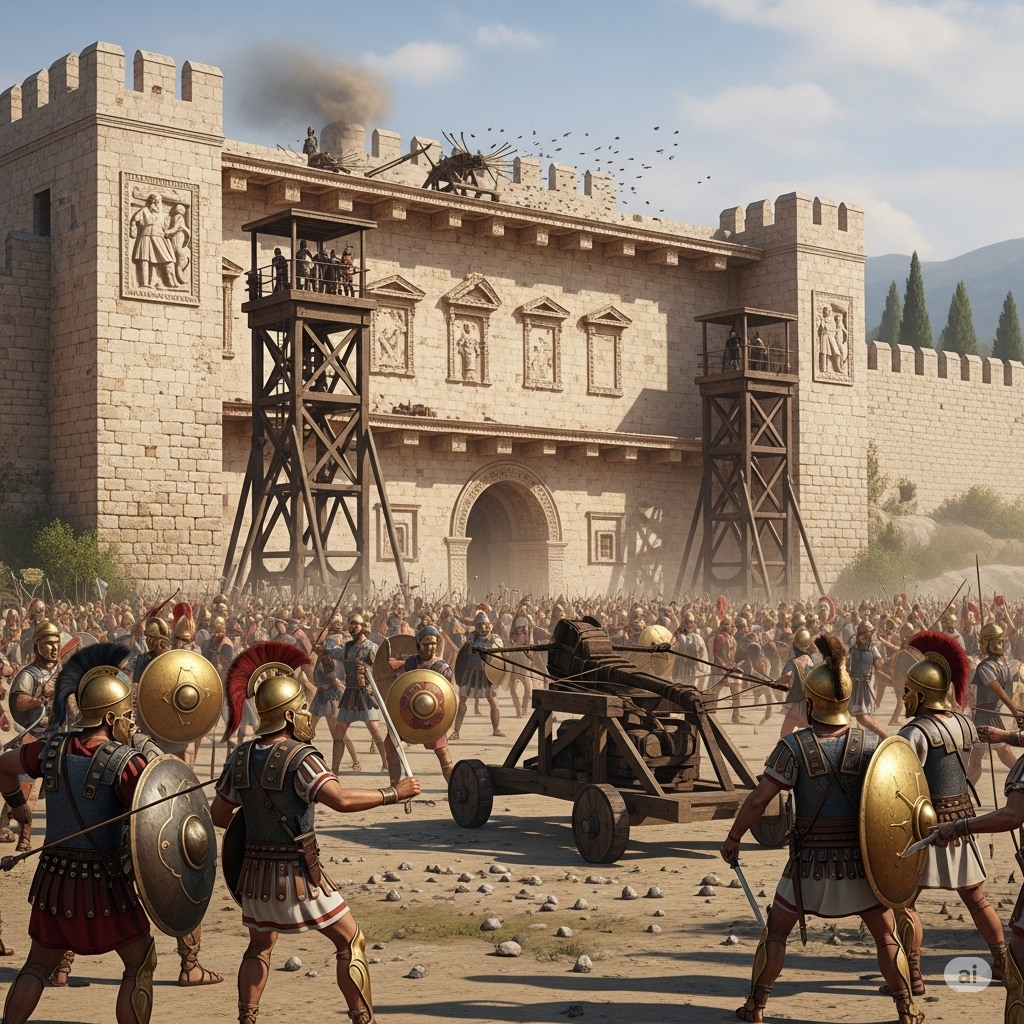
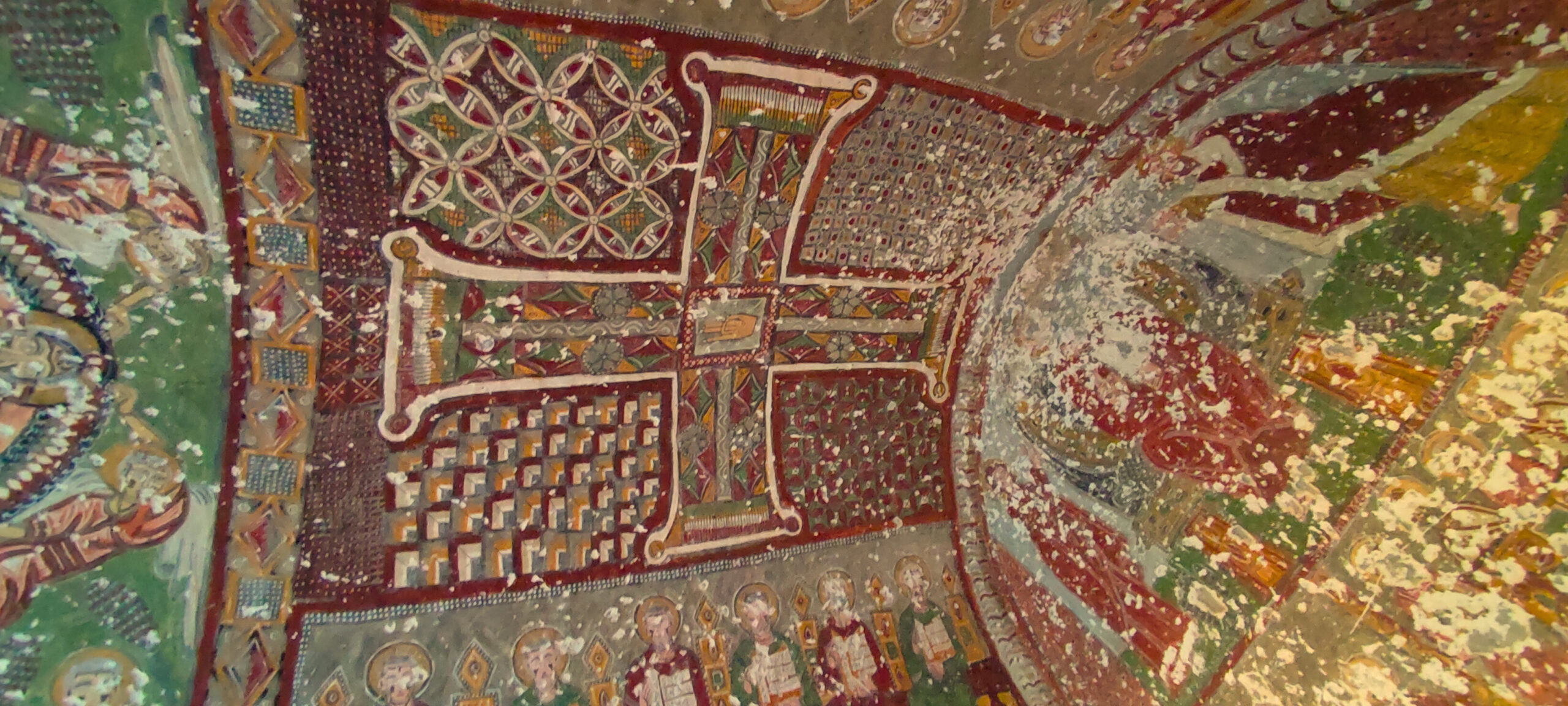
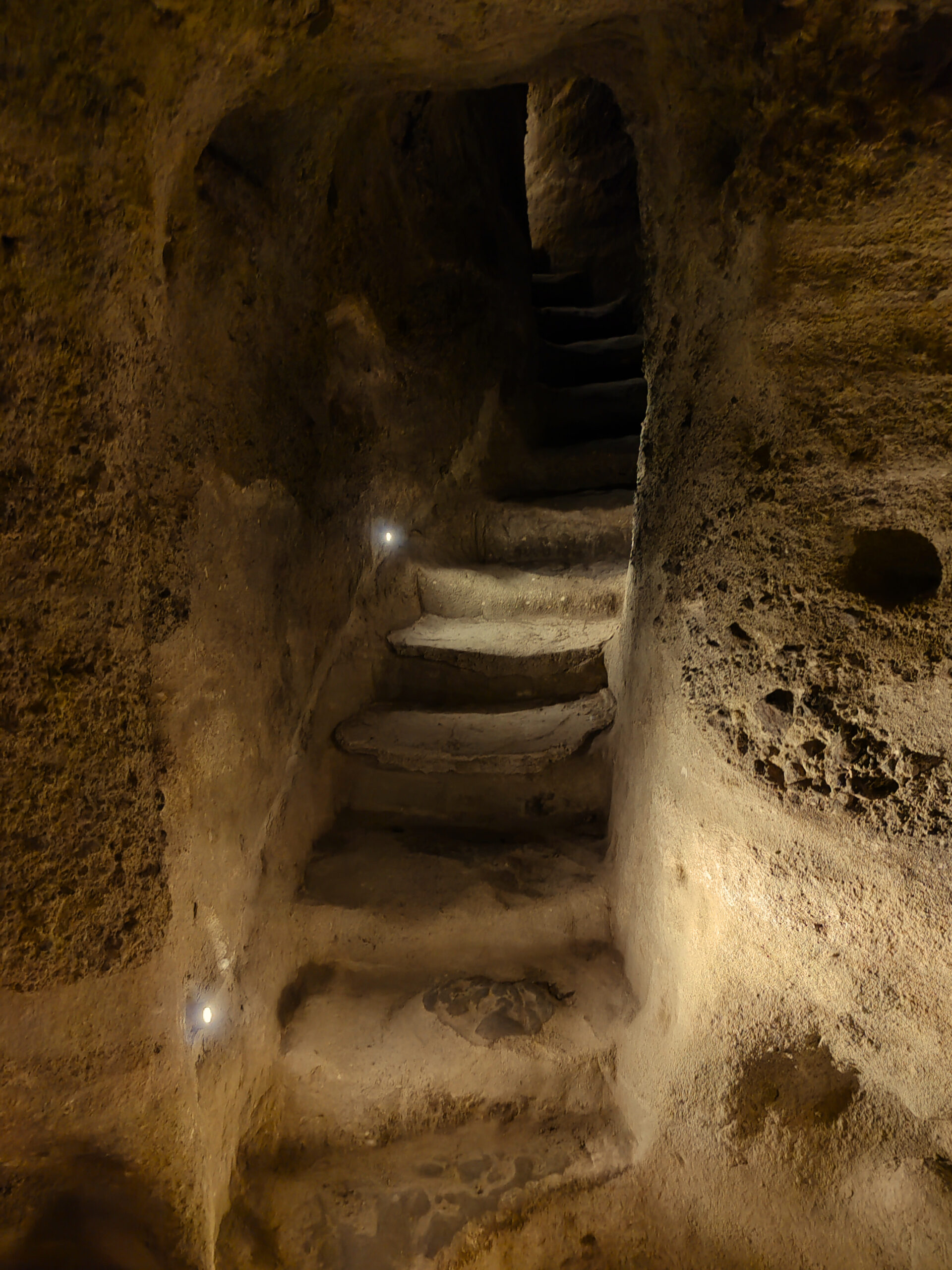
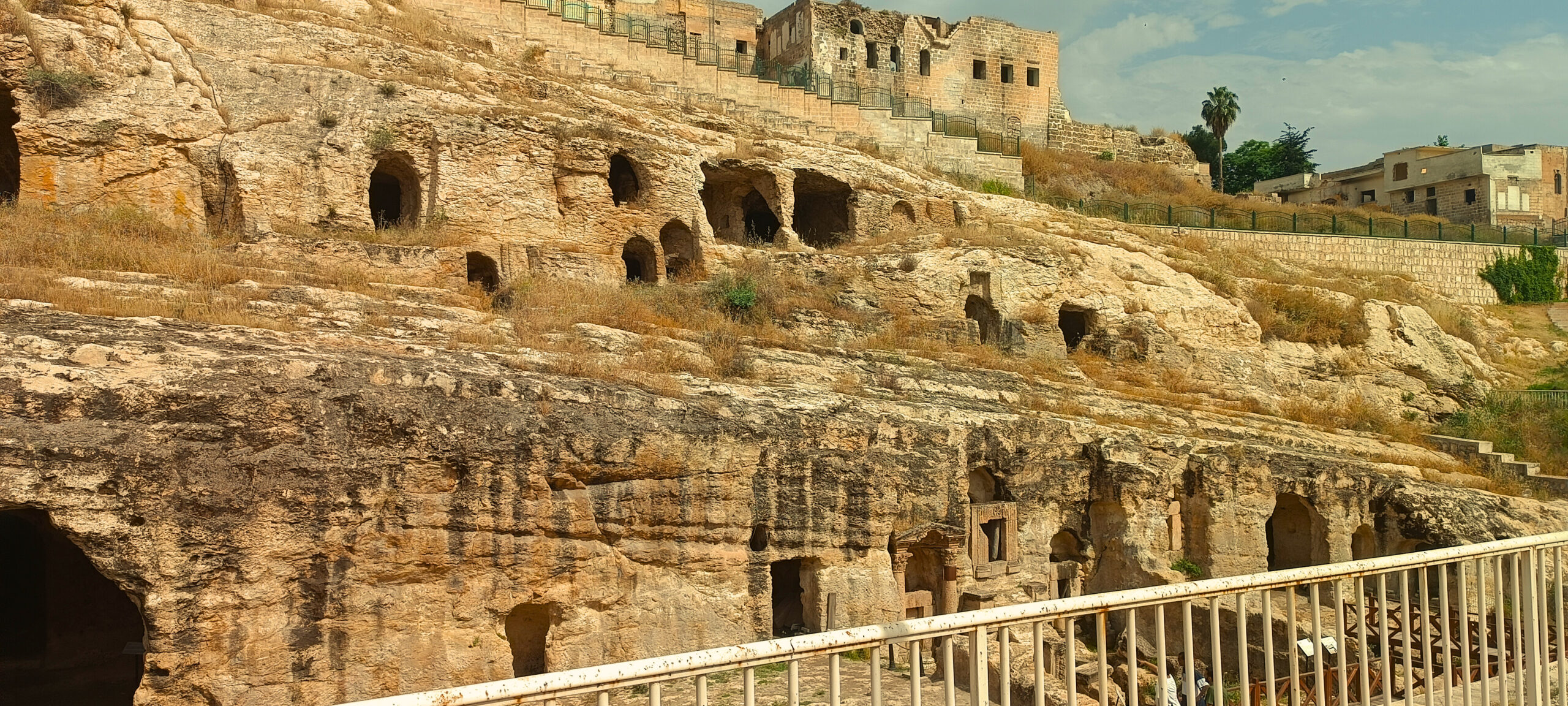
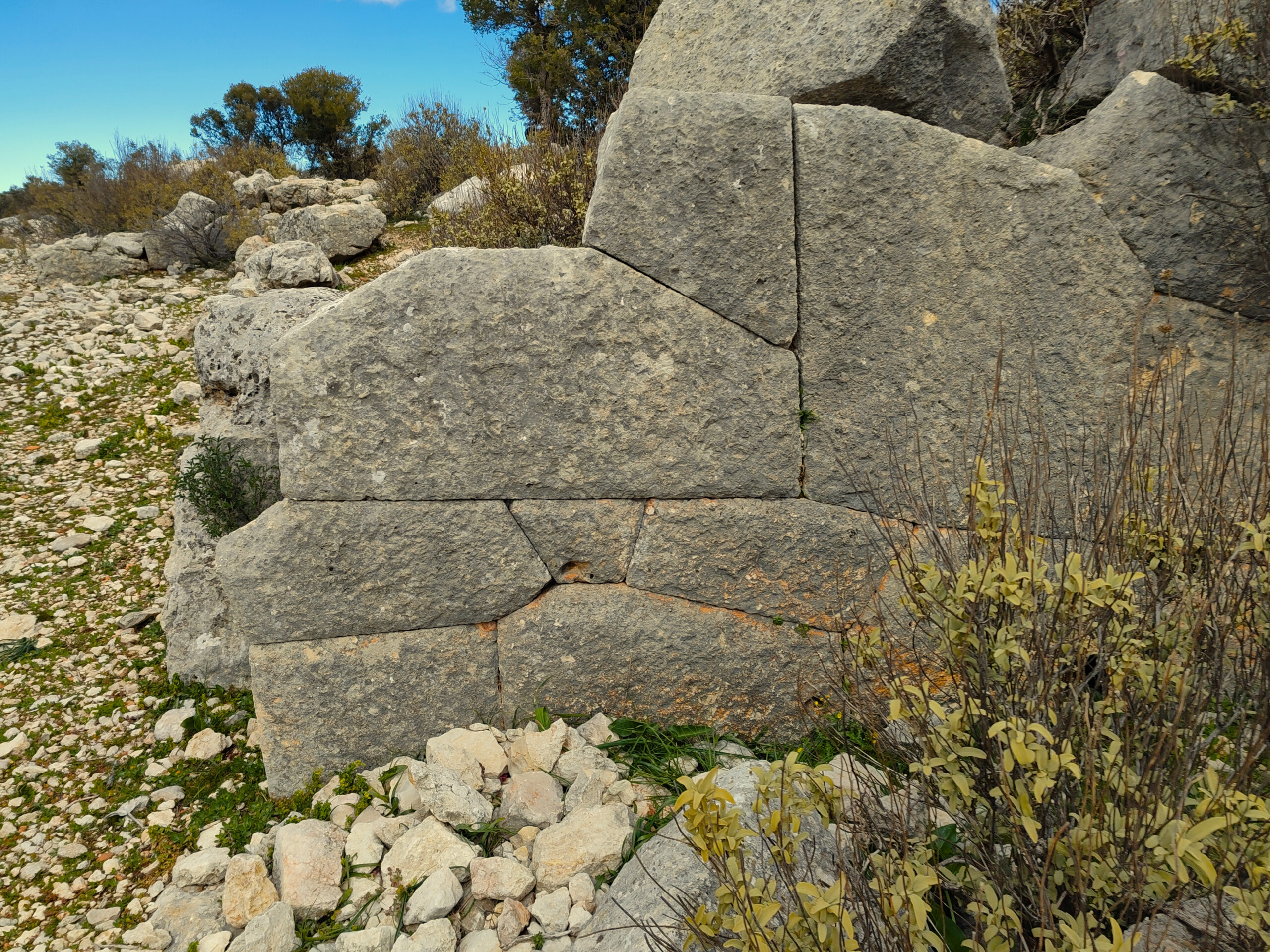
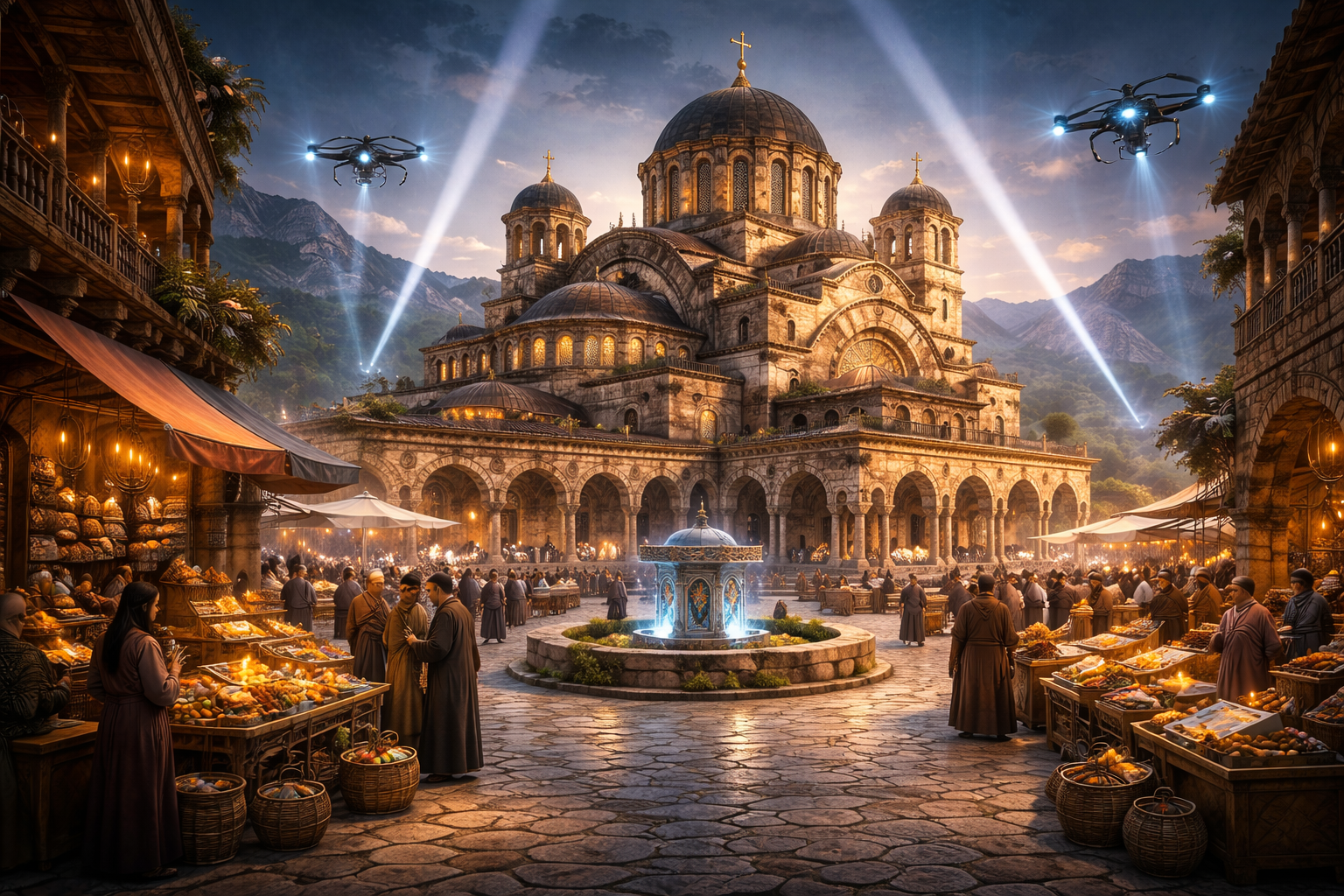


Leave a Reply